First Time Buyers – Don’t Panic!
Is there anything more daunting than scrolling through endless listings of houses, wondering how you’re going to make that first step onto the property ladder? Are you, like me, wondering why we were not taught about mortgages, and compound interest at school instead of Trigonometry or what colour a Bunsen burner turns when you drop magnesium in it? Will my credit score effect where I may be living for the next 10 years? Hopefully my article below will help to clear up some of the issues that first time buyers come across when first venturing into the property market.
So you’ve decided to buy a house… Now what? Firstly, the most important thing is figuring out what you can and can’t afford. This is slightly more complex than looking at your bank, looking at a house, shrugging your shoulders and placing an offer. Unless you happen to have a vast amount of money laying dormant in your bank account you will need to arrange a mortgage. Typically, you will be able to get a mortgage of 4.5 times your annual earnings. So, let’s say you’re buying a property with your partner and your combined income is £50,000. This means that the high end you will be able to get for your income will be around £225,000 (This can be higher if you have a big deposit). Note ‘high end’. It may not always be the best idea to go all out and purchase the most expensive property for a number of reasons, but I’ll come to that shortly.
To confirm the above you will need to speak to a mortgage broker. These guys help you find the best mortgage available for you. Everyone is different, and everyone’s mortgage is different. 4.5 times your income is a good rule of thumb, but this can differ – and then you have to figure out how to pay it all off! Once you choose the best offer for you, and agree this, you will have a ‘mortgage in principle’. This means that you can now start properly house hunting.
Finding the right house can be exiting, sure. Looking at hundreds of houses, shortlisting them, dreaming of what they could become with your eye for detail. At this point, we need to look at some of the other expenses, just to make sure we do not get carried away. Okay, so you have a mortgage in principle for £200,000. Is it best to go for the best property out there, or is it best to snap something up that needs a bit of TLC - a chance to make it your own. Well, that’s completely down to you, but one thing you REALLY need to take note of is all the hidden costs that may not spring to mind at first. Especially whilst you’re flicking through the photos of that period 10 bed property set in the heart of the English countryside… One day, maybe…
One option to consider when looking at properties are the various schemes available to help first time buyers. The governments ‘help to buy’ scheme is a great opportunity that first time buyers should definitely look into, as it essentially offers free money towards properties. Shared Ownership properties are another opportunity, if you don’t mind paying a bit of rent, and not completely owning a property yourself. One thing you need to stay on the lookout for is if a property is a leasehold or a freehold. Leasehold basically means that you are leasing the property from someone else, and if the lease runs out it will return to them. Extending a lease can only be done when you have been in the property for two years or more, and can be very expensive (potentially tens of thousands) so stay alert for leases with less than 65 years left on them!
So after considering all of these options above let’s say you’ve finally decided on a house. You’ve spoken to your mortgage advisor and everything is in place. Everything is going smoothly, but now we need to remember all of the costs that you haven’t factored in so far. Your mortgage arrangement fee has set you back between £500 and £1000 straight off the bat. Some mortgage financers will cover the costs of a valuation fee – to double check that the property is priced right. This can set you back another £300 if it is up to you to complete. Some lenders will also help with your conveyancing fees, but if not this will cost another £500. Your solicitors can make or break a deal, and 2020 brought about the stamp duty holiday, and although this is something that first time buyers don’t really have to consider (you pay £0 up to £300,000). You may want to have surveys done, which will tell you if there has been any structural damage done – this will cost about another £500. So the cumulative total starts souring at this stage – an extra £2000 roughly. I spoke to Key Conveyancing a local firm of solicitors, and they said that for a £200,000 property you should expect to pay approximately £1700 for their services which would cover all of the legal work, registering your purchase with the land registry and the disbursement of funds.
So next step – you have financed all of the above, you’ve had your bid accepted and now we’re 10 to 12 weeks down the line and you have just picked up the keys for your new Abode. Now we have to consider the next wave of costs that you are about to incur. Council tax will probably be the biggest one, and then you will have to cover the costs of you electricity, gas and water bills. If you’re already in a rental property then the likelihood is that you will already be familiar with these. If not, then make sure you do your research as to how much you can expect to pay as these can rack up very quickly!
So you’re standing in your kitchen eating beans on toast – let’s face it, at this stage you can’t afford much else – and you realise that you have no furniture, everything needs repainting, and you can’t stand the look of the brown, worn-out carpet in the lounge. Whilst painting and decorating can be kept pretty cheap (provided you are willing to put in the work yourself) carpets and flooring can be expensive. It’s always worth assessing what work you want done as you look around a property, and maybe even getting a few quotes to see how much it is actually going to cost.
Finally, I will round off by saying this. Contrary to historic stereotypes, us estate agents aren’t all bad people! Some of us are just like you, and we actually want to help out. We love talking, especially when it comes to houses. Some good questions to ask are: how many viewings have there been of this property? Have there been any offers? How long has it been on the market for? Why are the owners moving? How old is the boiler? Things like these can really help you when it comes to making the final decision on the property. Taking notes is also highly recommended and will help you review the properties later. Here at Abode, we take pride in our work, and we want to help find the right house for you. Feel free to give us a call, and have a chat about how we can best help you – we’re always happy to help!
I would just like to say thank you to Harry Stafford at One Financial Solutions (07799 086213) and Rachel Pouncey at Key Conveyancing (01763 259 888) for talking to me at length about some of the details in this article. We can’t recommend them highly enough, so get in contact with him if you have any doubts!


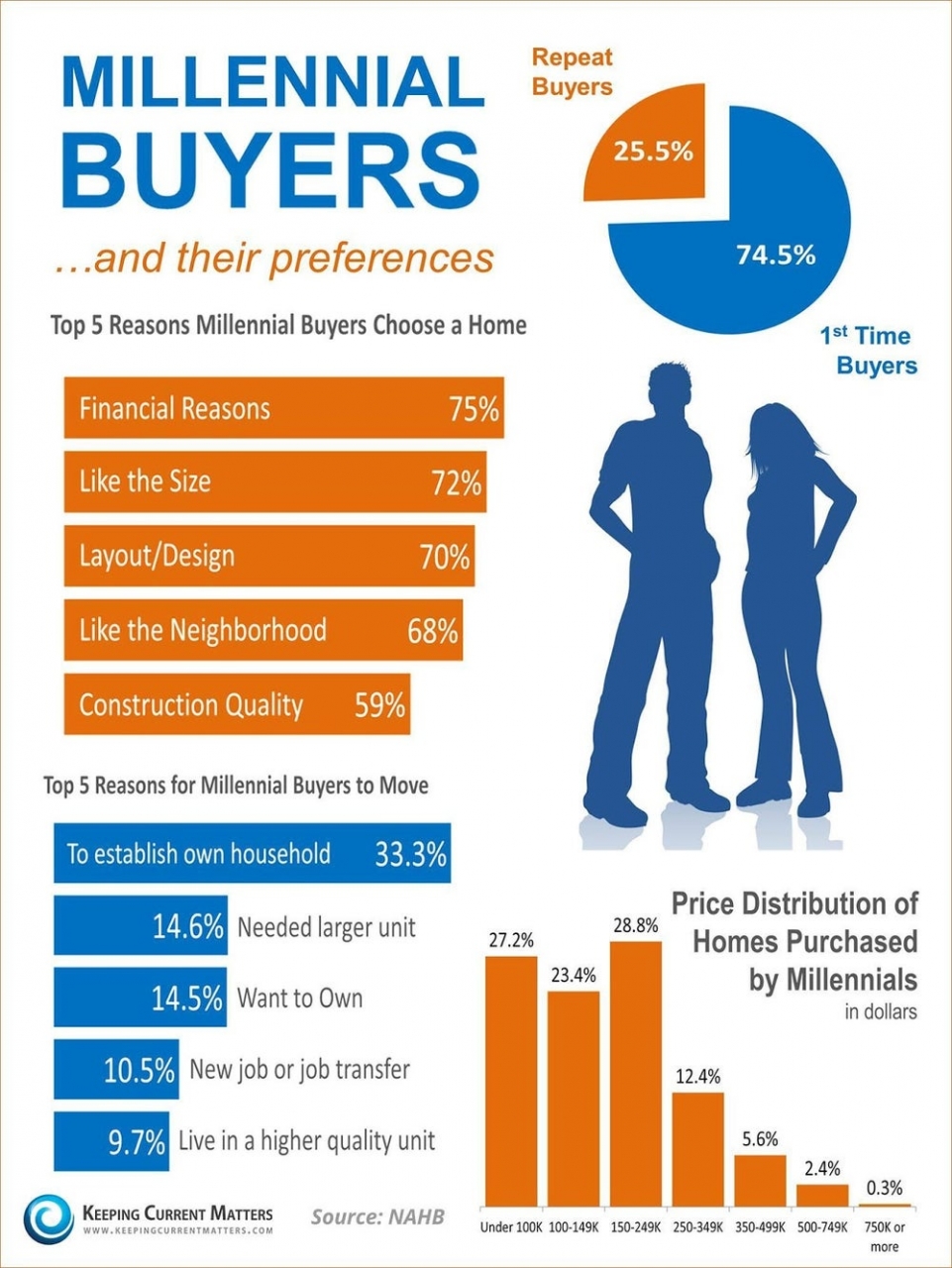
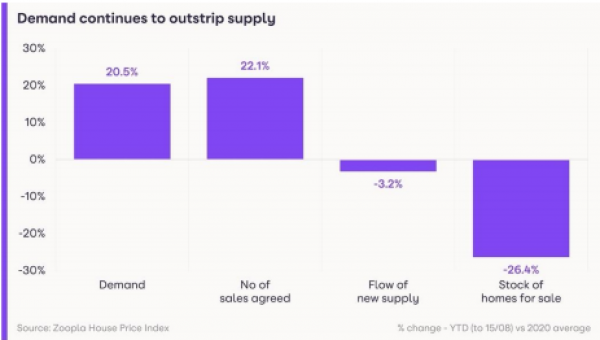
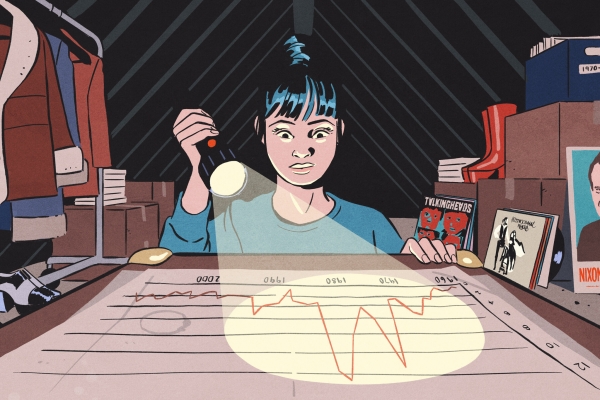
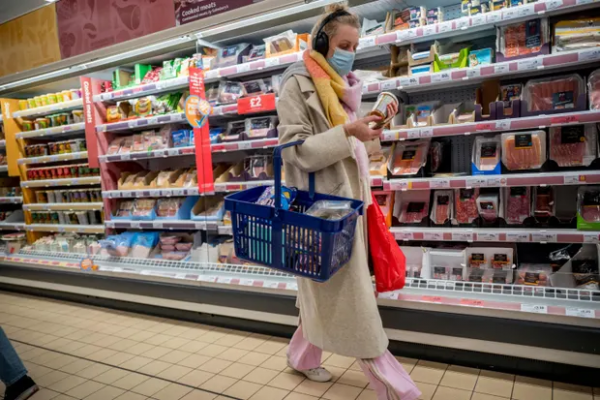
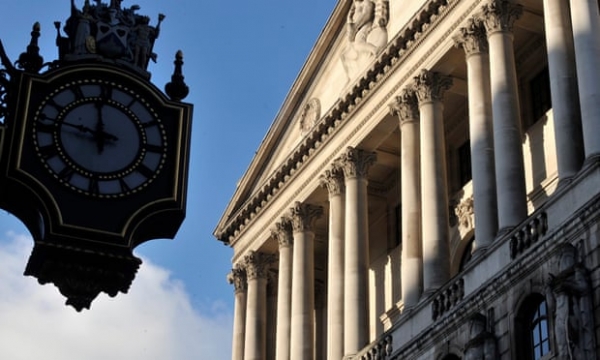
Share this with
Email
Facebook
Messenger
Twitter
Pinterest
LinkedIn
Copy this link